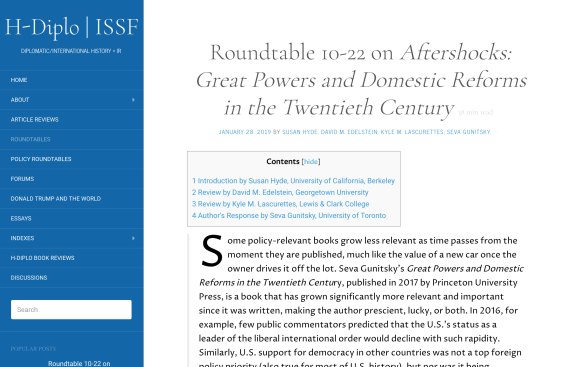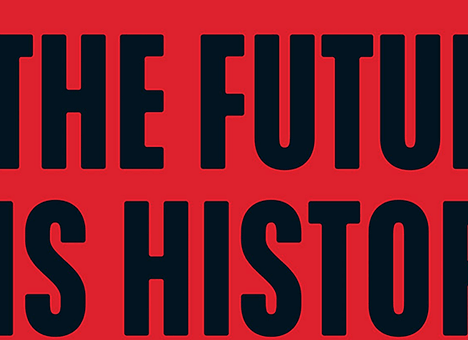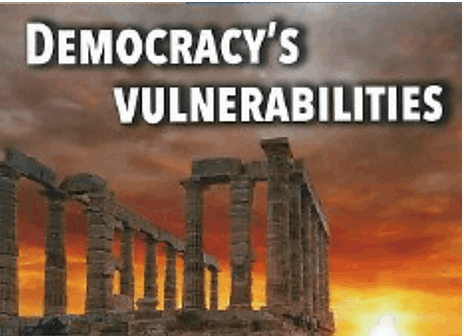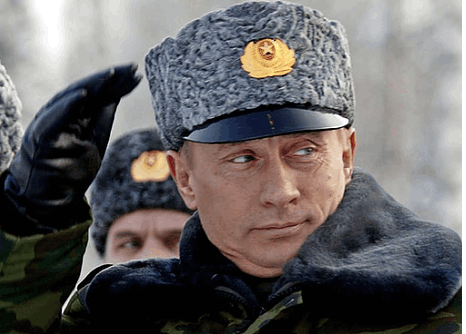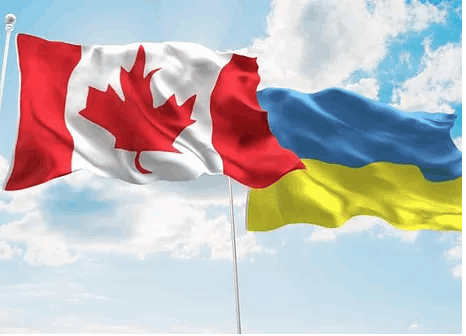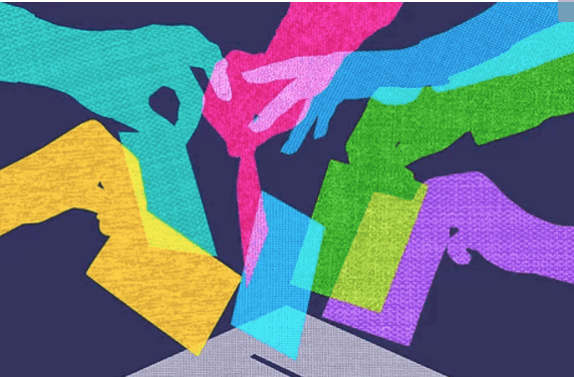Author’s Response. H-Diplo Roundtable Forum 20.22. Jan 2019.
My immense thanks to David Edelstein and Kyle Lascurettes for their extremely thoughtful comments, and to Susan Hyde for chairing the roundtable. Completing a book is both liberating and constraining—constraining because the finished text cannot help but remain mute about its tensions and complications. Continuing this conversation through close critical engagement is the best outcome an author can hope for, and I thank H-Diplo for providing me the opportunity to do so. [PDF]
